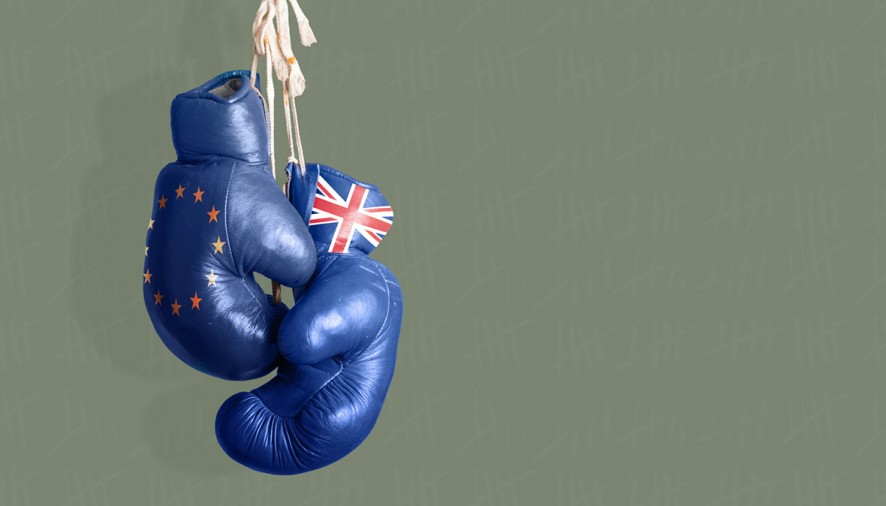The pressing question on the political landscape in Britain today is, without doubt, that of Europe. The trouble is there’s no easy answer to this question. But with that being said, it is clear that Britain is better off staying in the European Union. A victory for the ‘stay’ campaign on 23rd June in the upcoming referendum would not only be a triumph for Britain and its own interests, but also for the interests of those nations with whom Britain has close relations. Even current US president, Barack Obama, has claimed that the ‘special relationship’ between Britain and the USA is ‘far more effective if it extends across Europe.’
In an age of globalism, one of the most conspicuous reasons for the UK voting to stay is the net economic benefit of doing so. Many international corporations, including major world banks, such as HSBC and JP Morgan Chase, have their European headquarters in London, which is one of the most important financial centres in the world. At first glance, it wouldn’t seem foolish to assume that firms would maintain their headquarters in the UK capital, even if the ‘leave’ vote succeeds. However, the facts tell us otherwise, with numerous firms, including the banks previously mentioned, expressing a desire to move their headquarters, should Brexit happen. Beyond multi-nationals, leaving Europe would mean an end for Britain’s access to the common market enjoyed by EU members, making both the purchase of European goods and selling of British goods to Europe more expensive.
Besides the economic advantages of remaining part of the EU, Britain has to take into account the numerous political advantages of being integrated with the rest of Europe. After being torn asunder by centuries of conflict, this reaching its peak throughout the 20th century in the First and Second World Wars, the EU has provided European nations an opportunity to form political alliances that would have otherwise been impossible. Leaving Europe jeopardises all of this progress, which is not advisable, particularly in times such as these, when Europe needs to remain strong and united in the face of challenges, such as that of Islamic State, which has already terrorised several major European cities.
Maintaining EU membership is not without its problems. Last year, the UK paid £13 billion into the EU budget and received only £4.5 billion on UK spending in return. It is likely that what was lost from these contributions was re-distributed to help other nations within the EU, most likely Greece and Spain, with their (self-perpetuated) financial difficulties. This is not just, nor is it actually beneficial to the parties involved. Furthermore, some believe the level of UK migration to be a problem that needs addressing. Britain needs to discuss and negotiate a course of action for dealing with issues such as these, but it cannot do so if it does not remain at the bargaining table; the solution is choosing to stay in Europe, and seek reform from there onwards.
George Jackson
Image courtesy of iStock

